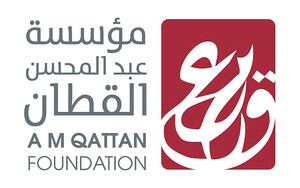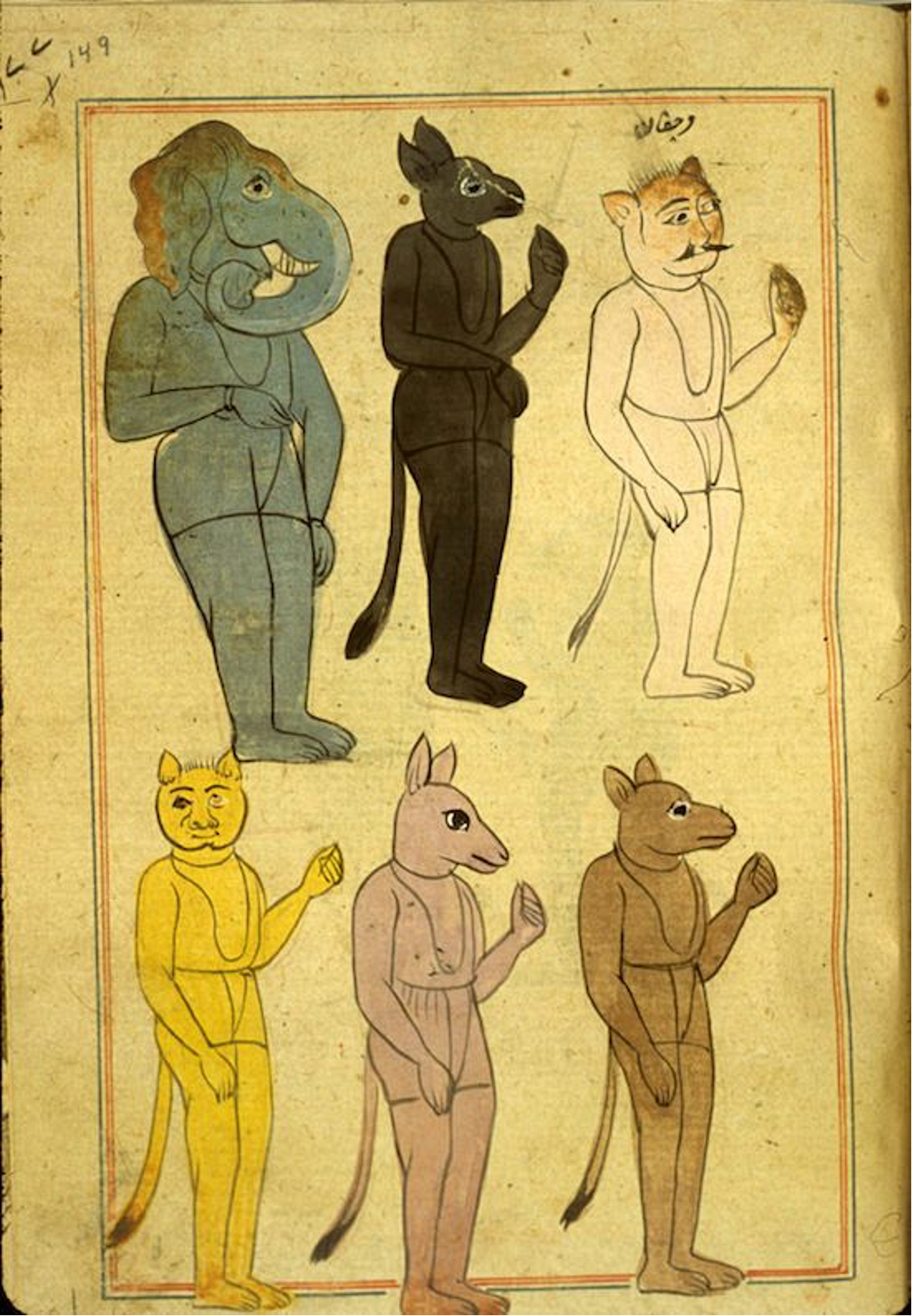27 An-Nahda Women Association Street
90606 Ramallah
Palestine
Hours: Monday–Thursday and Saturday 4pm–8am
T +970 2 296 0544
F +970 2 298 4886
info@qattanfoundation.org
The A.M. Qattan Foundation is pleased to announce the recipients of its residency programme “Aspects of Madness” for the years 2021 to 2024. The eight artists are: Andrea Luka Zimmerman (Germany); Aron Rossman-Kiss (Switzerland); Cindy Steiler (United States); Guillermo Anselmo Vezzosi (Argentina); Oraib Toukan (Palestine); Pablo Rasgado (Mexico); Praneet Soi (India); and Samah Hijawi (Palestine).
After the conclusion of the first residency programme, the Foundation has adopted a new direction that allows artists to spend longer periods on their projects and in Palestine. The residency will focus on long-term research within the Palestinian geography that entails rigorous engagement with local partnerships and communities. This working process will yield several interrelated activities that will accumulate into a final group exhibition.
Named after Michel Foucault’s Madness and Civilisation: A History of Insanity in the Age of Reason(1), “Aspects of Madness” will be divided into several chapters compiling an allegorical take on the multiple conditions of confinement and “insanity” in the divided Bantustans of Palestine. This can also be an irony of madness within the socially and politically structured confinement of the Palestinian archipelago, such as schools, camps, prisons, zoos, parks, the collective confinement in the form of the Oslo Interim Agreement, curfews, closures, the segregation wall, settlements, gated communities, history, nationalism, sexuality and recently Covid-19.
Chapter I – The Great Confinement: 2021
During this phase, artists are asked to research within multiple confinements, observe, interrogate and seek questions on their conditions, intimacies and exceptions. Artists are asked to identify local partners and build networks with individuals and institutions active and embedded in these confinements. Through such networks and communications, artists will better understand the local context, veering away from political tourism and similar fetishes and will have the chance to rethink their research questions based on their observations.
Chapter II – The Insane: 2022
The “insane” don’t only mean the state of exception, but also the alternative knowledge that might be produced by madness and insanity in collision with the conditions of confinement and its parameters. Artists will have the opportunity to uncover new grounds and explore new experiences in relationship to their topics. At this stage, the research is more formulated and grafted with new directions and clues vis-à-vis asking critical questions and building solid arguments. Documentational, narrational and archival material will be compiled through visits, interviews, interventions and incremental experiments. At the end of this phase will be a “duel” whereby artists partake in a public talk and present their research findings and answer questions in conversation with a partner.
Chapter III – Passion and Delirium: 2023
This is the title of a bilingual publication. The research material, gathered from the artists, will be compiled in a publication that speaks of the passion and delirium found within multiple confinements and communities.
Chapter IV – Aspects of Madness: 2024
“Aspects of Madness” is the working title of the exhibition that will showcase the works of the participating artists. In this final phase, each artist is encouraged to produce their work in Palestine. The exhibition will be open to the public for 3-4 months, Artists will also be encouraged to work together and with the curator to design community activities around their works.
To view the recipients’ projects, please click here.
(1) Michel Foucault, Madness and Civilisation: A History of Insanity in the Age of Reason (Vintage Press, 1988).


